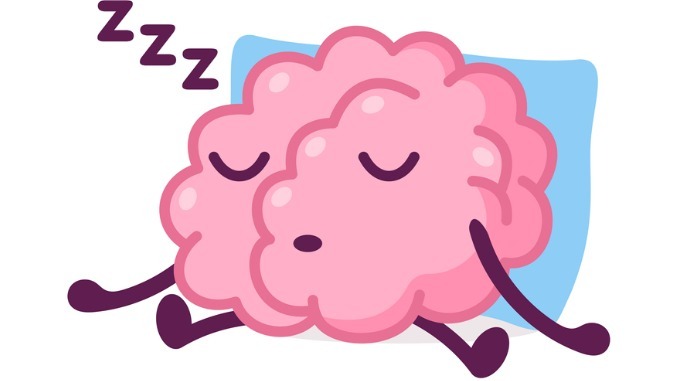
In the symphony of our daily lives, sleep takes centre stage as a crucial conductor, orchestrating the restoration and rejuvenation essential for our physical and mental wellbeing
CREDIT: This is an edited version of an article that originally appeared on The CEO Institute
Within the intricate labyrinth of the human brain reside approximately 100 billion neurons, diligently communicating to carry out every mental function—from contemplation to calculation. Despite constituting a mere 2% of total body weight, the brain voraciously consumes 20% of the day’s energy supply.
Engaged in perpetual activity, the brain accumulates microscopic waste products throughout the day. These toxins and proteins, such as ‘Tau’ and ‘Beta Amyloid,’ pose a challenge, leading to inflammation and potential headaches from poor-quality or short sleep.
Tau and Beta Amyloid proteins
Tau proteins, culprits behind neurofibrillary tangles, can result in the twisting of neuron fibres and, in some cases, neuron destruction. Fortunately, with around 100 billion neurons at our disposal, occasional losses are a minor setback, especially for the younger crowd.
On the other hand, Beta Amyloid proteins, sticky in nature, can form ‘plaques,’ hindering neuron transmission by lodging between neurons. Prioritising adequate sleep, healthy eating, and daily movement emerges as a paramount risk-reduction strategy against brain diseases associated with ageing.
The brain’s cleaning crew: The Glymphatic System
While the brain lacks an external exhaust system, it boasts an internal waste removal mechanism—the ‘Glymphatic system.’ This collaboration between glial cells and the body’s lymphatic system facilitates waste extraction from the brain, clearing the path for a rejuvenated mind after a good night’s sleep.
Adenosine recycling: The sleep drive
Fuelled by adenosine triphosphate (ATP), the brain’s sleep drive builds as adenosine accumulates, inhibiting neuron firing. Sleep provides a crucial recycling phase, converting adenosine back to ATP for the brain’s energy source, and the amount recycled directly correlates with the duration of sleep.
The concept of sleep debt emerges as the brain calculates the fuel needed versus the time one needs to stay awake. If there’s a mismatch, the brain might induce sleep onset to accumulate additional fuel, often causing a deliberate sleepy feeling.
The legendary 20-minute power nap proves its mettle by efficiently recycling brain fuel, offering a rejuvenating burst to endure hours without significant impairment. As we age, longer afternoon naps can aid in compensating for reduced overnight sleep efficiency, potentially delaying premature ageing of the brain.
It becomes evident that prioritising restorative rest is not just a choice but a foundational investment in our holistic health. In the embrace of quality sleep, we can fulfil our potential and resilience in the face of life’s daily demands.




Be the first to comment